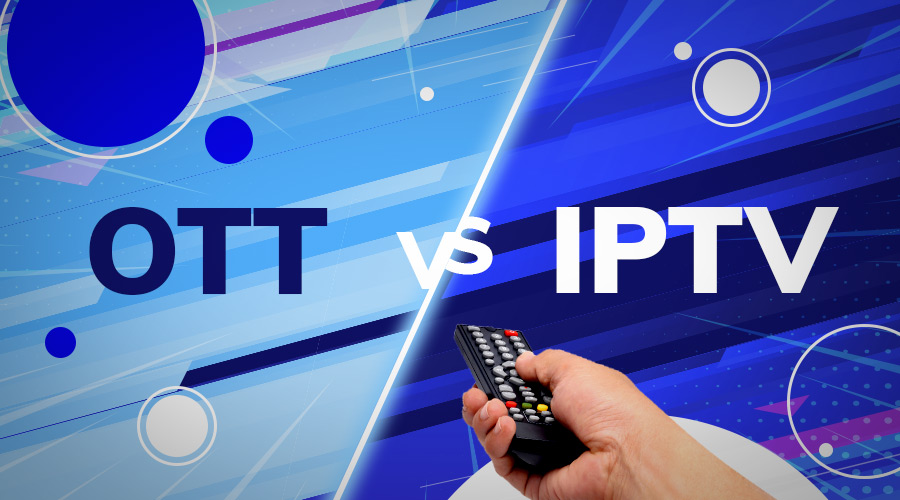IPTV and OTT
IPTV (Internet Protocol Television) and OTT (Over-the-Top) are two popular ways to deliver TV content over the internet. While they share some similarities, there are also some key differences between the two. Let’s take a closer look:
IPTV
IPTV is a system where TV content is delivered over the internet using the same protocols used for delivering other internet-based data. This means that the content is delivered using a private, managed network that is owned and operated by the IPTV service provider. The content is typically delivered in real-time, with minimal buffering or lag.
One of the key benefits of IPTV is that it allows for a high level of control over the quality of service (QoS). The IPTV service provider can ensure that the content is delivered at a consistent quality, regardless of the network conditions or the number of users accessing the content at the same time.
OTT
OTT, on the other hand, refers to any TV content that is delivered over the internet without the involvement of a managed network or a service provider. This means that the content is delivered using public internet networks, and the user is responsible for managing their own internet connection and network conditions.
One of the key benefits of OTT is that it allows for a high degree of flexibility and choice. Users can choose from a wide range of OTT services, each offering different content libraries and pricing models. OTT services are also typically available on a wide range of devices, including smartphones, tablets, smart TVs, and streaming devices.
Differences and Similarities
While IPTV and OTT are different in terms of their delivery models, they share some similarities. Both offer a wide range of TV content, including live TV, on-demand programming, and specialty channels. They also both require an internet connection to access the content.
One key difference between the two is that IPTV typically offers a higher level of QoS and reliability, due to the use of a managed network. OTT, on the other hand, may experience buffering or other issues due to network congestion or other network-related problems.
Another difference is that IPTV is typically offered as a bundled service, with customers subscribing to a package that includes a set number of channels and programs. OTT, on the other hand, is typically offered as a subscription service, with users paying a monthly fee for access to a library of content.
In conclusion, while IPTV and OTT share some similarities, there are also some key differences between the two. IPTV offers a higher level of QoS and reliability, while OTT offers greater flexibility and choice. Understanding these differences can help you choose the right TV content delivery system for your needs.




